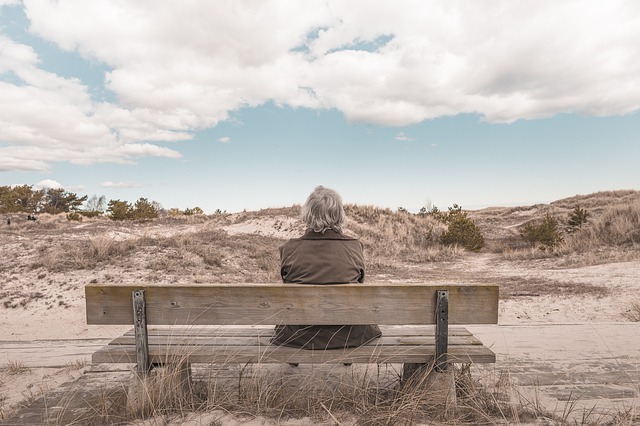New research from King’s College London determined how memory changes with age, and why memory in old age is less flexible than at a younger age.
Change in our body is a normal process associated with aging. There are various noticeable ways our bodies witness aging such as skin wrinkles, gray hair and a loss of bone and muscle strength. Much like these changes, there are less obvious changes happening in our brains. Researchers have been tirelessly working to understand the changes in the brain such as a decline in memory and cognitive abilities. Recent studies have shown how memory changes with age.
How are memories stored in the brain?
Memories make up an important part of what our brain contains. They give humans the ability to learn, recognize people, places or things, and even help connect with emotions. Recent years have seen significant advances in the understanding of memory at the molecular level. Researchers have found that memories are stored in the brain by strengthening the connections between neurons, called synapses. These connections get altered when a memory is recalled, allowing memories to be updated to adapt to a new situation.
Memory processes are affected by age
Until now, researchers have not clearly understood whether the memory updating process was affected by age. With an aim to learn about how memory changes with age, researchers from the King’s College London and The Open University conducted a study on the memory function of young adult mice and aged mice. The results of the study were recently published in Current Biology. The researchers trained the mice to perform memory tasks to determine if the ability to make new memories was affected by the age of the mice.
The researchers found significant differences between older and younger mice
The results of the memory tasks conducted in old and young mice revealed that the mechanism by which new memories were made in older mice was completely different compared to that in younger mice. Furthermore, the synaptic changes associated with new memories were much harder to modify in older mice compared to the younger mice.
The researchers concluded that memories were not modified when recalled in older mice. Based on the results of this study, memories that are formed in old age become fixed because of the alternative way they were laid down in the synapses of the brain of older mice.
The process of memory formation is the same in all mammals
Since all mammals share the same process of laying down memories, the results of this study conducted in mice are likely to be applicable to human brains. Contrary to the belief that memories are formed in the same manner in young and old people, this study shows that the fundamentals of laying down memory change with age.
The clinical implications of age-related changes in memory
The findings suggest that there are important biological differences in how memories are stored in old age compared to memories stored at a young age. These results highlight the significance of understanding age-related changes in the brain and how memory changes with age. There are some conditions such a post-traumatic stress disorder in which memory recall is impaired. The results of this study could provide a direction for treating such patients.
Written by Preeti Paul, MSc
Reference: Wajeeha Aziz et al., Multi-input synapses, but not LTP-Strengthened Synapses, Correlate with Hippocampal Memory Storage in Aged Mice. Current Biology, October 17, 2019. DOI: https://doi.org/10.1016/j.cub.2019.08.064
Image by Free-Photos from Pixabay



